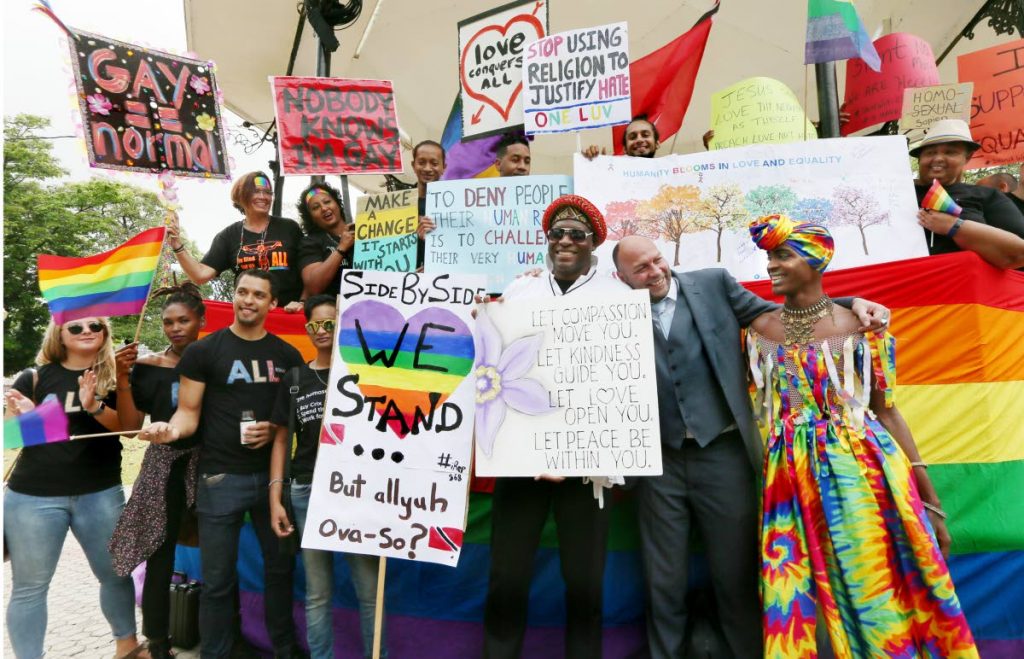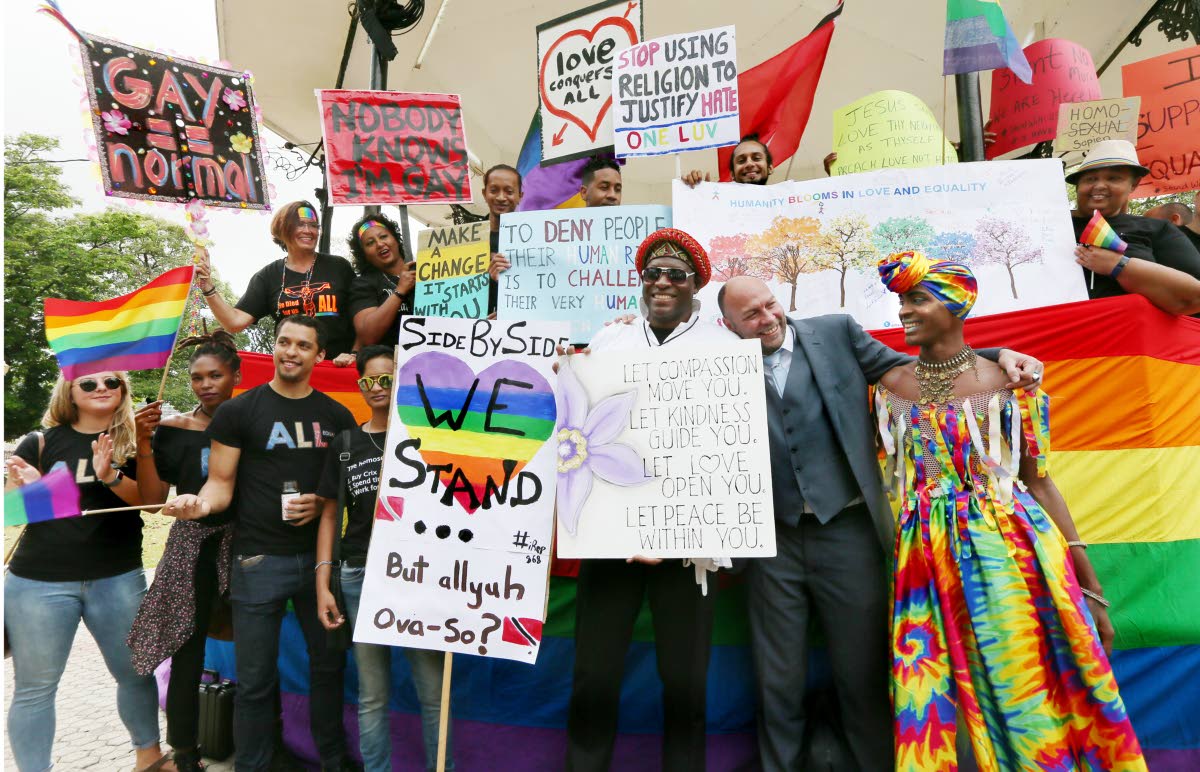Activist eyes landmark LGBTQ+ victory for Trinidad and Tobago, Commonwealth
Andrew Gioannetti

UK-based Trinidadian LGBTQ+ rights activist Jason Jones is optimistic the Court of Appeal will uphold a landmark 2018 High Court ruling that declared sections of the Sexual Offences Act unconstitutional.
The court is set to deliver its judgment on November 29, a decision that could shape similar rights in other Commonwealth nations with colonial-era anti-gay laws.
The challenged provisions, Sections 13 and 16, specifically criminalise consensual same-sex intimacy and impose harsher penalties for male-male relationships.
After being the interviewee on the BBC’s Hard Talk show on November 7, Jones told Newsday he strongly anticipates a positive verdict, and was proud of its far-reaching implications.
“This is the first time in history that the JCPC (Judicial Committee of the Privy Council) will hear an LGBTQ+ decriminalisation case, and my victory there will bring decriminalisation to at least seven to eleven countries in the Commonwealth.”
>
Jones’s optimism builds on several recent legal advancements inspired by his case globally, including decriminalisation efforts in India.
Jones’s legal battle began in 2017, when he challenged the constitutionality of TT’s Sexual Offences Act, arguing that the criminalisation of consensual same-sex relationships infringed on fundamental rights to privacy and freedom of expression.
In 2018, the High Court ruled in his favour, declaring the criminalisation of same-sex intimacy unconstitutional. Then-Attorney General Faris Al-Rawi subsequently announced the government would appeal the decision, citing the matter’s significance and the need for a comprehensive legal resolution, suggesting legislative review might also play a role in addressing the issue.
Jones told Hard Talk’s Stephen Sackur the government might prefer a ruling from the Privy Council because it could be politically safer. He suggested that by appealing to the London court, leaders could potentially deflect blame for a ruling many of their constituents might disagree with.
He argued that TT should move towards the Caribbean Court of Justice (CCJ) as its final appellate court, breaking ties with colonial institutions.
Jones also spoke about the broader social impact of these laws in TT, saying whether or not they’re enforced, they justify homophobia and restrict LGBTQ+ freedoms.
“It’s not about how often (the law) is enforced; it’s about how it impacts LGBTQ+ lives and freedoms. This law justifies homophobia,” he said.
He added that a decriminalisation ruling would be a significant step in dismantling a colonial legacy that continues to shape societal attitudes in TT and other Commonwealth countries.
The TT High Court ruling is part of a larger trend encouraging decriminalisation across the Commonwealth. India decriminalised same-sex relationships on September 6, 2018, drawing on arguments and legal precedents established in Jones’s case. India’s Supreme Court struck down a colonial-era statute criminalising homosexuality, seen as a powerful step towards inclusivity and rights for LGBTQ+ people in the region.
>
Homosexuality was partially decriminalised in the UK in 1967 by its Sexual Offences Act, making it legal for men over 21 to engage in consensual homosexual acts in private in England and Wales. The age was reduced to 18 in 1994.
“Out of the 60 countries that still criminalise same-sex relationships, 33 are former British colonies,” Jones told HardTalk. “Britain could do more to dismantle this legacy.”
He said colonial-era laws have fostered a climate of discrimination.
“We have a kind of ‘glass closet’ system,” Jones said. “It’s tolerated if you’re flamboyant and in certain professions, like hairdressing or fashion, but don’t be ‘politically gay.’”
Sackur asked why these laws remain in British colonies, but not in former French or Spanish territories. Jones suggested British colonial rule left a particularly puritanical legal framework.
If the Appeal Court upholds the High Court’s decision, the case may go to the Privy Council in London, TT’s final appellate court. A ruling there would set a judicial precedent for LGBTQ+ decriminalisation at the highest level, with implications for up to 11 Commonwealth countries.
Jones also addressed TT’s savings law clause, which preserves colonial-era statutes when they conflict with the post-independence Constitution. He argued that repealing this clause is essential to modernising the region’s legal framework.
“They should remove the savings law clause, because that ties us to the Privy Council. There is a Supreme Court in the Caribbean, so join it. Why are we coming here for judgments?”

